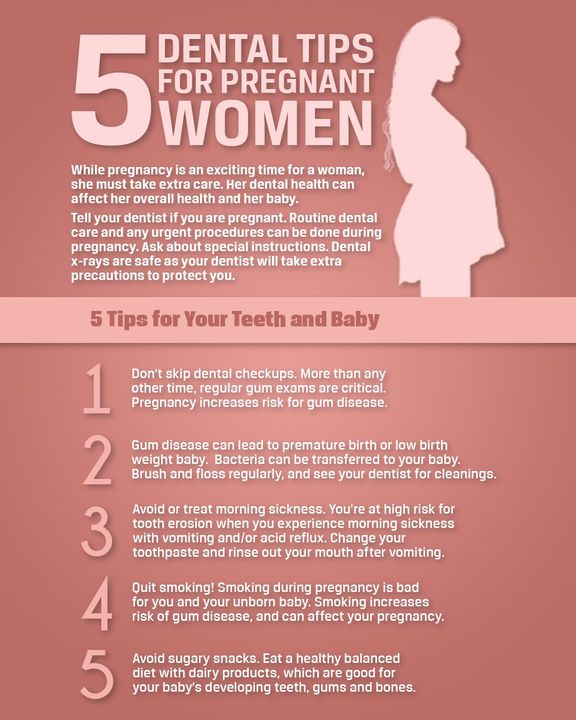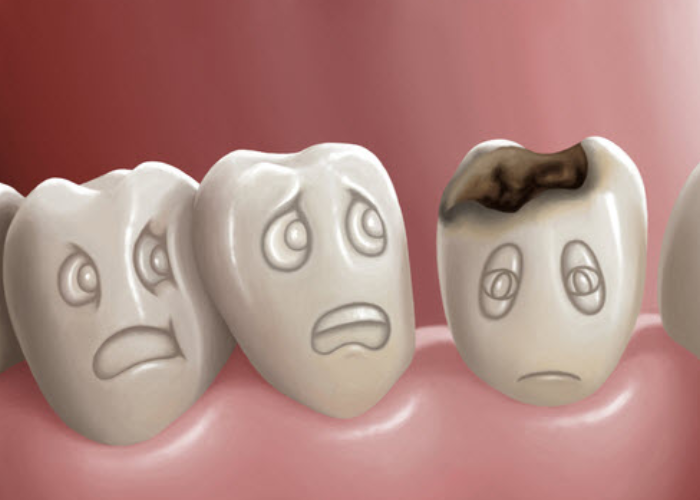Tips To Keep Dental Veneers In Top Condition

Veneers are placed over natural teeth and give you a brand-new smile. Here are some tips to ensure you get the most out of this dental treatment.
Key takeaways:
- Brush gently with non-abrasive toothpaste or with toothpaste for sensitive teeth.
- Don’t use your teeth to bite hard objects.
- If you grind your teeth (called bruxism), you will damage your veneers.
There are several types of veneers available. Your dentist can explain the details and recommend the best option. If you grind your teeth, your dentist can also provide treatment for bruxism.
Read the full story here: https://yourdentalhealthresource.com/how-to-best-take-care-of-your-dental-veneers/





_0_o.png)







